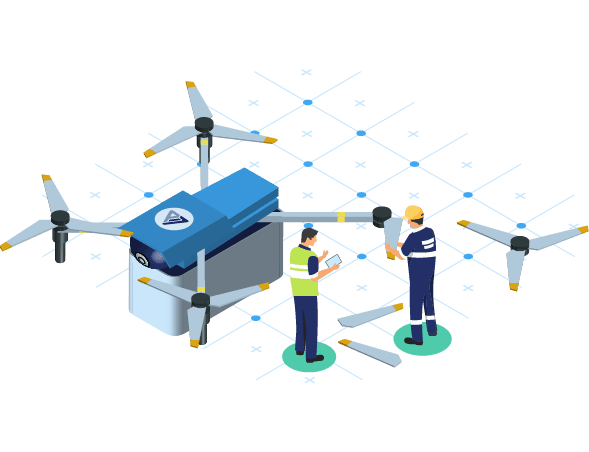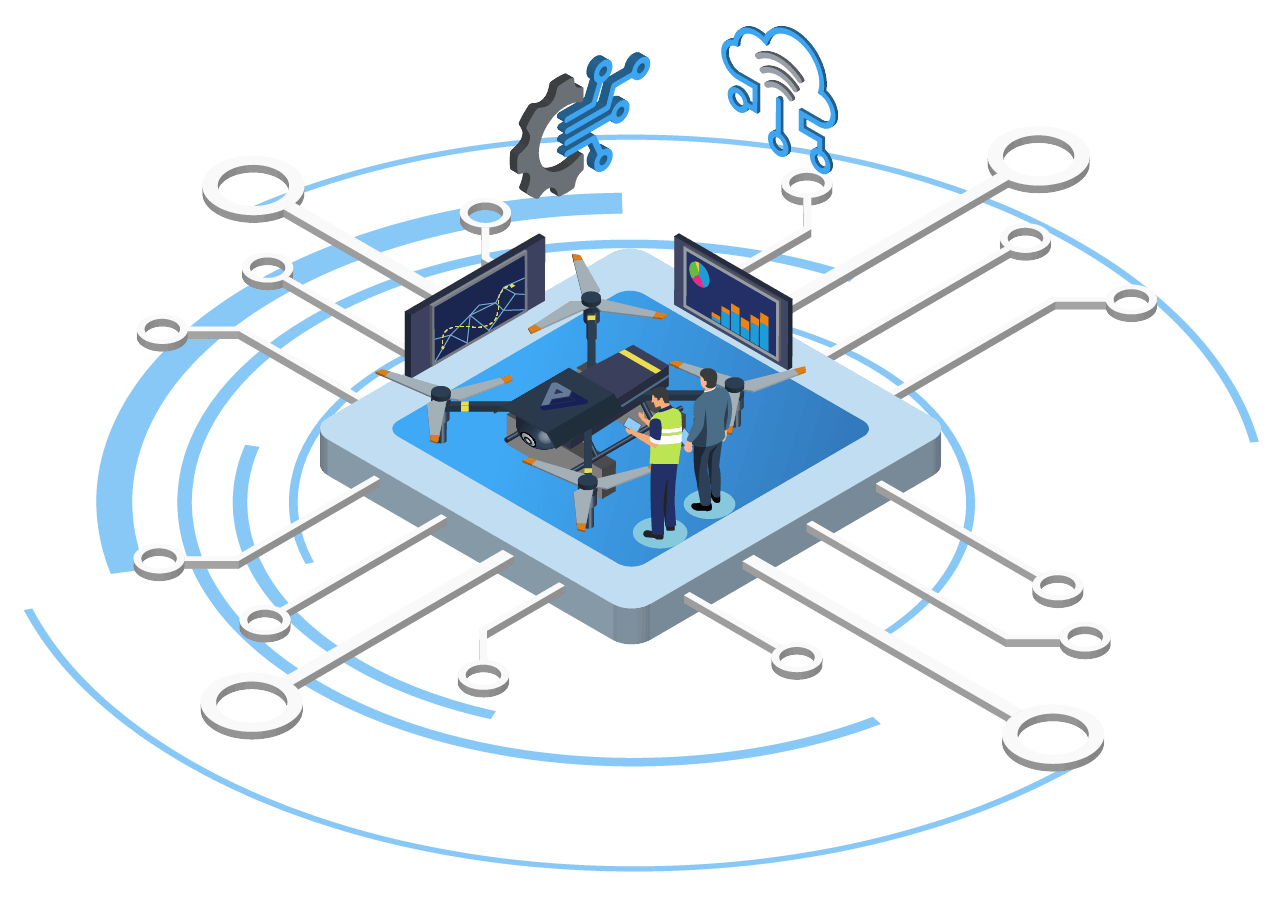Aviation Modernization

- Enabling Aviation’s Future
- New Entrants

Modernizing the most complex system in the world requires a deep understanding of rapidly evolving aviation technologies and practices, regulatory aspects, and emerging markets. At P17, we are dedicated to leading this transformation through our expertise in engineering, policy development, and community engagement.
- Efficiently manage and govern ongoing operations of analytics processes
- Access on-demand data scientists to quickly scale your analytics team
- Rapid time to insight
- Lower operating cost and business risk
- Efficiently manage and govern ongoing operations of analytics processes
- Access on-demand data scientists to quickly scale your analytics team
- Rapid time to insight
- Lower operating cost and business risk
Engineering
Fueled by a passion for innovation, P17 stands at the forefront of aviation systems engineering. Our expertise includes Monte Carlo simulation, collision risk analysis, system design and alternatives analysis, requirements and standards development, aircraft performance and flight dynamics, procedure design, voice and data communication systems, navigation, and surveillance.
Aviation Policy / Rulemaking
At P17, we specialize in navigating the complexities of aviation regulations and policy development. Our team of experts are well-versed in the regulatory framework that governs the industry. We provide strategic insights to help organizations seamlessly align with evolving regulatory requirements, ensuring compliance while fostering innovation.
Community Engagement
P17 is dedicated to cultivating positive, lasting relationships within the aviation community. Recognizing the importance of open, transparent communication, we work proactively to foster collaboration between all stakeholders, including regulators, operators, and end users. Our initiatives foster mutual understanding and shared success.


UAS / UAM / UTM
ETM / xTM
AAM

P17 is a proven leader enabling transformation envisioned by Extensible Traffic Management (xTM). Our expertise includes concept development and maturation, modeling and simulation of new entrant operations, NAS architecture & systems design, data and information exchange analyses, and Communication, Navigation, and Surveillance (CNS) system design.
xTM
The xTM framework will allow revolutionary business cases such as drone deliveries, regional passenger and cargo transportation using electric aircraft, and high-speed travel in supersonic/hypersonic airliners. Many of these flights will occur within cooperative volumes of airspace, where industry will be responsible for the management of operations that were traditionally handled by Air Traffic Control. This approach will produce unprecedented scalability and transformation in the NAS.
The following traffic management initiatives are within the xTM umbrella:
- Unmanned Aircraft System (UAS) Traffic Management (UTM)
- Advanced Air Mobility (AAM)
- Higher Airspace (HA) / Upper Class E Traffic Management (ETM)
UTM
UTM is enabling small UAS operations up to altitudes of 400 feet above ground level. Novel applications include drone deliveries, emergency response support, infrastructure inspections, and agriculture. UTM is in a pre-implementation stage with live flight evaluations and approved operations occurring in the NAS. Routine Beyond Visual Line of Sight (BVLOS) flights will be a reality in the near future.
AAM
AAM will facilitate large UAS and crewed operations that transport passengers, deliver cargo, and serve recreational / private purposes. Urban Air Mobility (UAM) is a subset of AAM primarily focused on high-speed regional transportation, potentially combined with ridesharing services within and between dense urban environments.
HA/ETM
HA/ETM will enable a wide range of new operations at altitudes above most current air traffic (notionally above FL 500). Applications include reintroduced supersonic passenger flights, both in oceanic airspace and potentially over land in the NAS with low-boom technologies. Additional emerging operations can include high-altitude firefighting support, hypersonic passenger flights, and stratospheric tourism.



